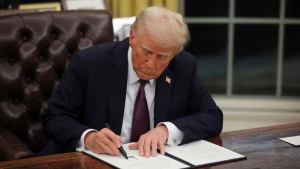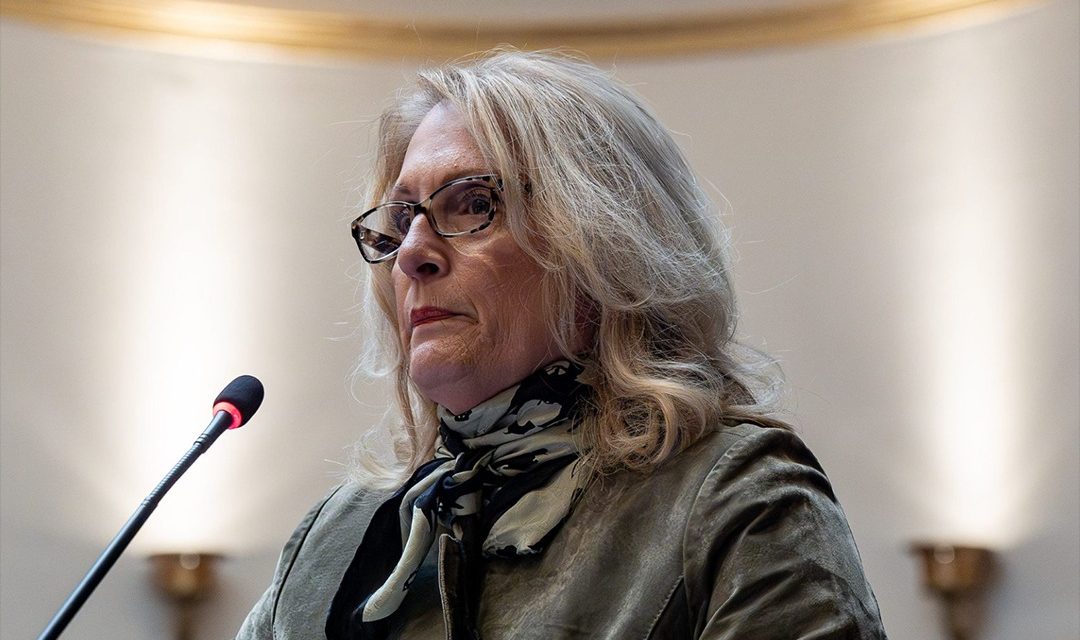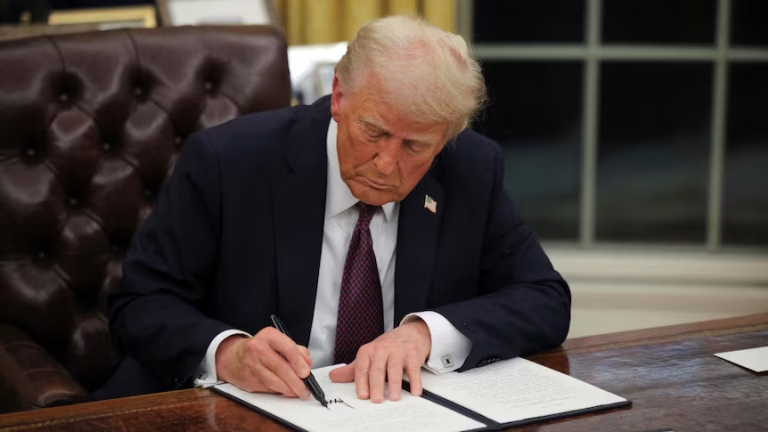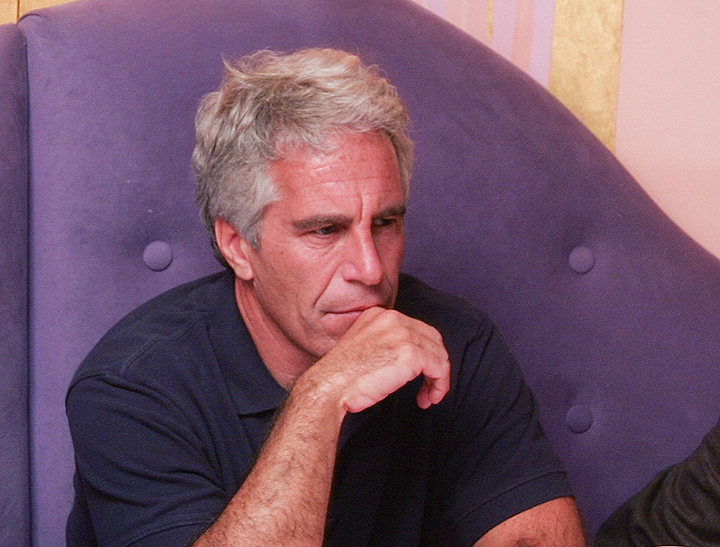Robin Webb, Longtime Kentucky Lawmaker, Leaves Democratic Party Over Rural Disconnect
Kentucky State Senator Robin Webb made headlines this week by announcing her official departure from the Democratic Party, a move that reflects the broader political shift taking place in rural parts of America. Webb, who has represented Kentucky’s 18th Senate District since 2008 and previously served in the state House, is now aligning herself with the Republican Party after decades as a Democrat.
Webb’s decision marks a significant moment in Kentucky politics, especially given her background and the region she represents. Hailing from the coalfields of Eastern Kentucky, she was the last Democratic senator representing the area—a region that was once a Democratic stronghold but has in recent years turned solidly Republican.
In her public statement, Webb emphasized that her decision was not made lightly or out of political opportunism. Rather, she said, it was a reflection of growing disillusionment with a party she believes no longer prioritizes the needs of rural communities.
“While it’s cliché, it’s true: I didn’t leave the party — the party left me,” Webb said. “The Kentucky Democratic Party has increasingly alienated lifelong rural Democrats like myself by failing to support the issues that matter most to rural Kentuckians.”
She pointed to a widening gap between national Democratic platforms and the daily realities of working-class Kentuckians, especially those in industries like coal, agriculture, and manufacturing. Webb noted that her roots as a mother, rancher, and attorney in a coal-region community informed her decision.
“As the Democratic Party continues its lurch to the left and its hyperfocus on policies that hurt workforce and economic development in my region, I no longer feel it represents my values,” she explained. “It has become untenable and counterproductive to the best interests of my constituents for me to remain a Democrat.”
A Political Landscape in Transition
Webb’s switch is not an isolated incident. It comes amid a broader realignment across rural America, particularly in the South and Midwest. As urban centers have become increasingly progressive, rural areas have gravitated toward conservative platforms, particularly on issues like energy policy, gun rights, and government regulation.
Kentucky’s political evolution reflects this trend. Once a Democratic bastion at both the state and federal levels, the state has trended red over the past two decades. Today, Republicans dominate the Kentucky Senate, now holding 32 out of 38 seats. Webb’s departure reduces the Democratic caucus to just six members.
Political observers note that Webb’s switch underscores how the Democratic Party’s national message often struggles to resonate in economically distressed rural areas. Many of these communities, once aligned with New Deal-style labor policies, now view Republican policies on taxes, energy, and small business as more favorable to their economic needs.
Reactions from Both Parties
The Republican Party of Kentucky welcomed Webb’s decision with open arms. High-profile GOP figures, including Congressman James Comer and Agriculture Commissioner Jonathan Shell, praised her move and highlighted it as symbolic of a growing shift.
“Like so many good honest people with common sense who work hard and pay taxes, the Democrat Party has abandoned them,” Comer wrote on X (formerly Twitter). “Robin will make an excellent addition to our great Kentucky State Senate Majority!”
Kentucky GOP Chairman Mac Brown echoed the sentiment, calling Webb’s shift a reflection of values realignment across rural counties.
However, the response from Democratic leadership was swift and critical. Colmon Elridge, Chair of the Kentucky Democratic Party, accused the GOP of promoting harmful policies and questioned Webb’s alignment with those priorities.
“Senator Webb has chosen to join a political party that is currently working around the clock to take health care away from over a million Kentuckians, wipe out our rural hospitals, take food off the table of Kentucky families, and take resources away from our public schools,” Elridge said in a written statement. “If those are her priorities, then we agree: she isn’t a Democrat.”
Policy and Identity Over Party Loyalty
Webb’s decision also speaks to a growing number of voters and officials who feel disconnected from the increasingly nationalized and ideological identity of American political parties. For her, the shift was less about joining a new tribe and more about staying true to her principles.
Webb has long championed policies aimed at supporting Kentucky’s energy sector, especially coal, as well as infrastructure investment and rural development. As national Democrats continue to emphasize environmental reform and progressive social policies, many in coal-reliant areas feel marginalized.
“The work I do on behalf of coal miners, ranchers, small businesses, and teachers hasn’t changed,” Webb said. “But the party I was part of no longer shares those priorities.”
Analysts say her departure is likely to have a ripple effect. As rural Democratic officials watch their voter base shift to the right, more may consider similar moves, especially in states where Republican majorities make bipartisan cooperation difficult.
A Broader Movement?
The shift of rural Democrats to the GOP isn’t new, but it has accelerated in recent years. In places like Kentucky, West Virginia, and parts of the Midwest, Democratic lawmakers have struggled to hold on to seats in regions where conservative values are deeply embedded in the culture and economy.
What makes Webb’s switch particularly noteworthy is her stature and the timing. With the 2024 election cycle behind us and Republicans gaining ground in state legislatures across the U.S., her move is part of a broader trend that could reshape political strategies ahead of the 2026 midterms.
Final Thoughts
Robin Webb’s transition to the Republican Party isn’t just a headline—it’s a reflection of how America’s political geography is continuing to evolve. While Democrats retain strength in cities and suburban areas, the rural exodus from the party poses a major strategic challenge.
Whether Webb’s decision will inspire other rural Democrats to follow suit remains to be seen. But it’s clear that her departure is more than a personal shift—it’s a political signal of where the heart of rural Kentucky now lies.

James Jenkins is a celebrated Pulitzer Prize-winning author whose work has reshaped the way readers think about social justice and human rights in America. Raised in Atlanta, Georgia, James grew up in a community that instilled in him both resilience and a strong sense of responsibility toward others. After studying political science and creative writing at Howard University, he worked as a journalist covering civil rights issues before dedicating himself fully to fiction. His novels are known for their sharp, empathetic portraits of marginalized communities and for weaving personal stories with broader political realities. Jenkins’s breakout novel, Shadows of Freedom, won national acclaim for its unflinching look at systemic inequality, while his more recent works explore themes of identity, resilience, and the fight for dignity in the face of oppression. Beyond his novels, James is an active public speaker, lecturing at universities and participating in nonprofit initiatives that support literacy and community empowerment. He believes that storytelling is a way to preserve history and inspire change. When not writing, James enjoys jazz music, mentoring young writers, and traveling with his family to explore cultures and stories around the world.









